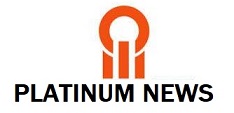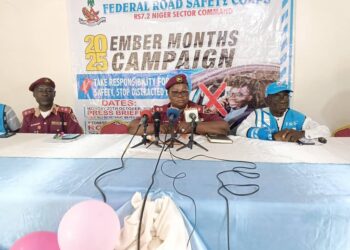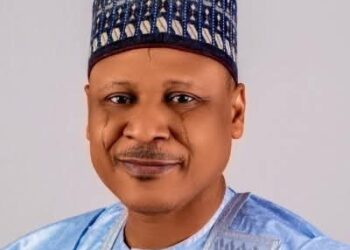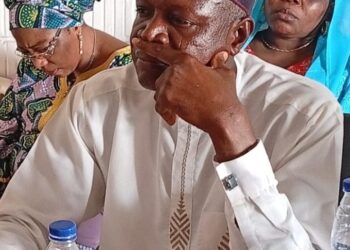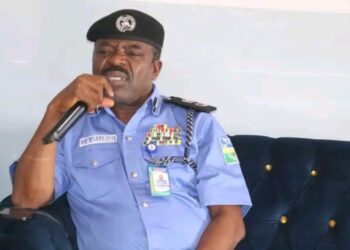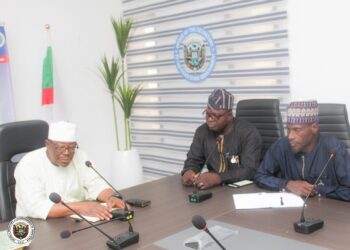IBP engages SWOFON to strengthen women farmers’ voices
By Mohammed Baba Busu
International Budget Partnership (IBP) has engaged members of Smallholder Women Farmers’ Association of Nigeria (SWOFON) in Niger to strengthen women farmers’ voices in budget processes and also develop charter of demands.
The event which took place on Wednesday in Minna, drew 21 participants from across SWOFON active local government areas in the state towards upscaling the skills of delegates.
Delivering the message of the national executive of SWOFON during the engagement meeting, the National Financial Secretary, Toyin Bosede-Anifowoshe, urged the participants to continue to push for advocacy so that their voices would be heard in relevant places.
She urged them to participate actively and utilise the knowledge when they return to their respective communities.
The State Coordinator of SWOFON, Mrs Grace Diza, appreciated members of the association for embracing the programme and for always believing in the leadership of the association.
She enjoined them to stepdown what they have learnt to other members of the association at their respective communities.
Diza urged them to embark on membership drive in their various local government areas, and to also engage people who would help push their demands to the appropriate authorities.
In his presentation, one of the facilitators who joined virtually from Lagos, Folahan Johnson, explained that the main purpose of the engagement meeting was to identify needs of the smallholder women farmers and explore new ways of doing things.
While recalling the previous meeting held which centred on system change, Johnson said the event sought to build upon the previous meeting by practicalising what was learnt.
Johnson stressed the need for the smallholder women farmers to articulate their needs to achieve desired goals and objectives.
He observed that to be able to get the attention of the government with their charter of demands, SWOFON must strengthen itself, get more women particularly the younger ones, partner with other relevant women groups and organisations such as the Open Government Partnership (OGP).
Also in her presentation titled: “Sharing of Human-angle Stories in Amplifying Small-holder Women Farmers’ Voices”, Chika Orji emphasised the need for the women farmers to amplify their voices.
She observed that every woman needed government intervention, “as such no woman should be left out.
“While telling a story, such story should be appealing, real and original based on the experiences.
“The story to tell should push, not for sympathy, but for system change.
“The human angle stories should touch the heart in such a way that government and other relevant stakeholders will hold and work with it.”
Orji urged the women farmers to roar like a lion so that their voices could be heard, and charged them to be active on social media platforms of their organisations.
She enumerated some of the tools that could be used to amplify human angle stories to include; the radio and social media platforms.
Mrs Hajara Ransom, who led the participants to identify key needs of smallholder women farmers revealed that over the years government had engaged consultants to develop policies that affect women farmers.
She lamented that government was not prioritising smallholder women farmers in spite of contributing over 80 per cent of the nation’s food need.
About 25 needs of the smallholder women farmers were identified and streamlined to five, based on priority.
Some of the identified needs included; the inability of smallholder women farmers to access their budgetary allocations, insecurity, high cost of farm inputs, climate change and lack of mechanised gender friendly farming equipment. (NAN)(www.nannews.ng)
